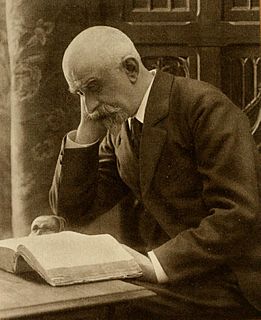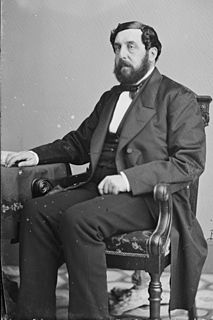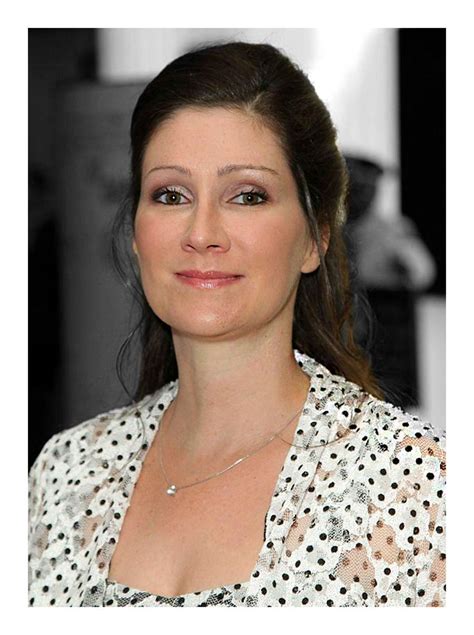A Quote by James Martineau
Grief is only the memory of widowed affection. The more intense the delight in the presence of the object, the more poignant must be the impression of the absence.
Related Quotes
Memory is therefore, neither Perception nor Conception, but a state or affection of one of these, conditioned by lapse of time. As already observed, there is no such thing as memory of the present while present, for the present is object only of perception, and the future, of expectation, but the object of memory is the past. All memory, therefore, implies a time elapsed; consequently only those animals which perceive time remember, and the organ whereby they perceive time is also that whereby they remember.
Annihilation has no terrors for me, because I have already tried it before I was born -a hundred million years -and I have suffered more in an hour, in this life, than I remember to have suffered in the whole hundred million years put together. There was a peace, a serenity, an absence of all sense of responsibility, an absence of worry, an absence of care, grief, perplexity; and the presence of a deep content and unbroken satisfaction in that hundred million years of holiday which I look back upon with a tender longing and with a grateful desire to resume, when the opportunity comes.
At a period when Literature was wont to attribute the grief of living exclusively to the mischances of disappointed love or the jealousy of adulterous deceptions, he had said not a word of these childish maladies, but had sounded those more incurable, more poignant and more profound: wounds that are inflicted by satiety, disillusion and contempt in ruined souls tortured by the present, disgusted with the past, terrified and desperate of the future.
The goal of prayer is the ear of God, a goal that can only be reached by patient and continued and continuous waiting upon Him, pouring out our heart to Him and permitting Him to speak to us. Only by so doing can we expect to know Him, and as we come to know Him better we shall spend more time in His presence and find that presence a constant and ever-increasing delight.
New grief, when it came, you could feel filling the air. It took up all the room there was. The place itself, the whole place, became a reminder of the absence of the hurt or the dead or the missing one. I don't believe that grief passes away. It has its time and place forever. More time is added to it; it becomes a story within a story. But grief and griever alike endure.
The business of education has lay[ed] the foundations for nurseries of wise and good men, to adapt our modes of teaching to the peculiar form of our government . . . . He must be taught to love his fellow creatures in every part of the world, but he must cherish with a more intense and peculiar affection the citizens of Pennsylvania and of the United States.






































